huanggangshi specialty
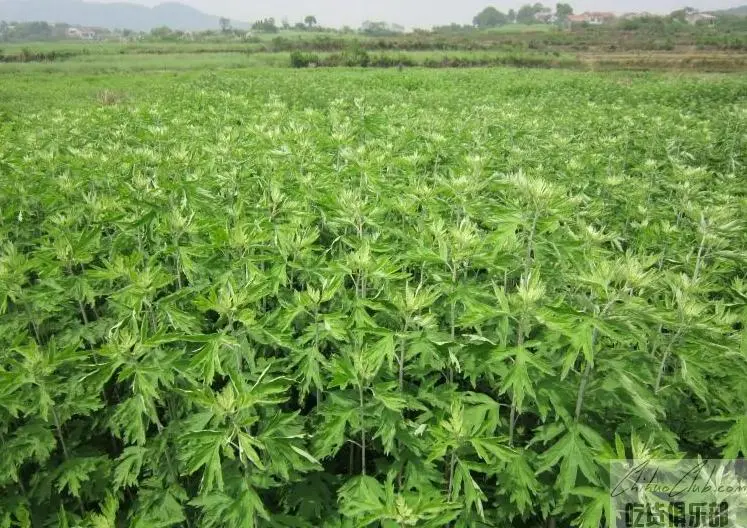
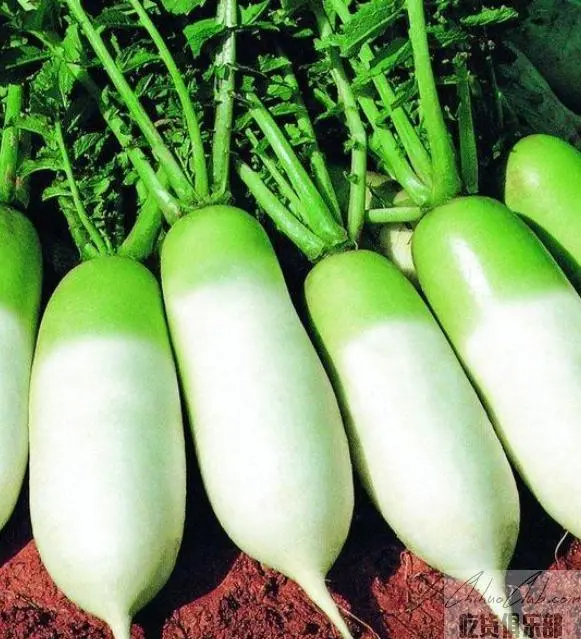
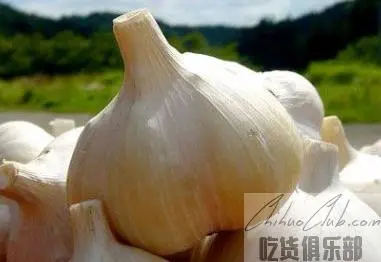
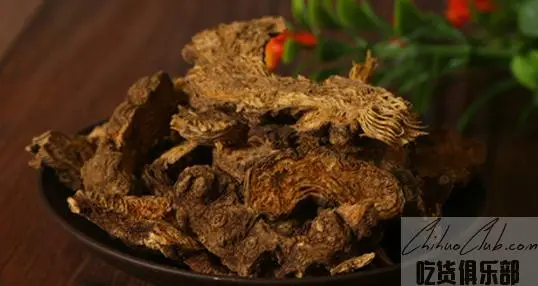
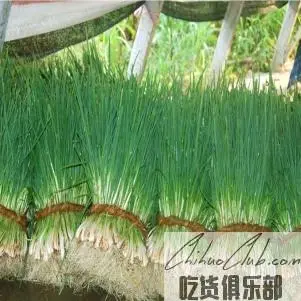
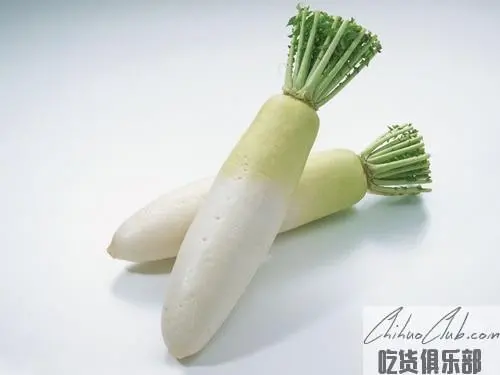
Huangzhou radish is a farmer's variety with local characteristics in Huangzhou District, Huanggang City, Hubei Province, China. It grows thick and strong, and looks like winter melon. It is called “winter melon radish” and has a long history of planting. It is one of the “three imperials of Huangzhou”. Sweet and crisp.
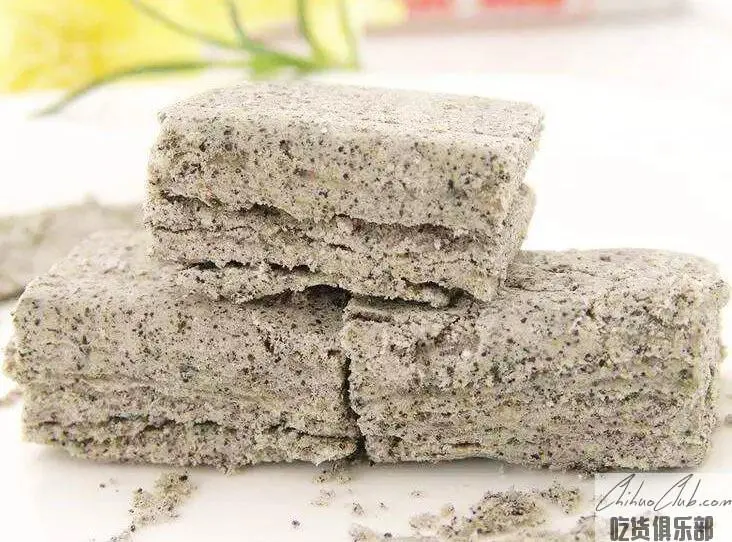
Wuxue Crisp, formerly known as Guihua Dongtang. Because people do not understand the meaning of the word "Dong sugar", they changed their name to sweet-scented osmanthus sugar. Wuxue Crisp is well-known in China and abroad, and has won the Gold Medal of China International Food Expo for many times in recent years.
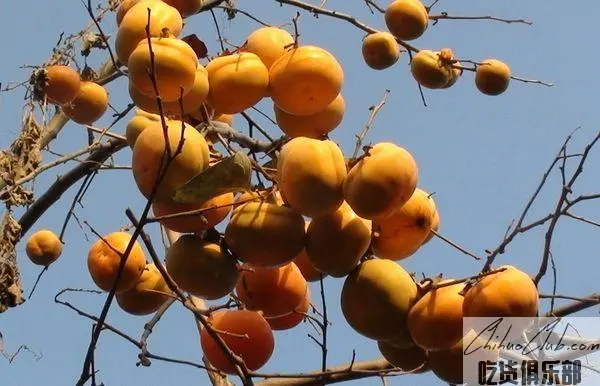
Luotian sweet persimmon is a natural green fruit of water-soluble dietary fiber. It is also the only natural persimmon variety in the world. After ripening in autumn, it can be eaten directly without processing. The sweet persimmon produced in the village of Sanlitun Town, Luotian County has a large color and a round body. The skin is thin and fleshy, sweet and crisp.
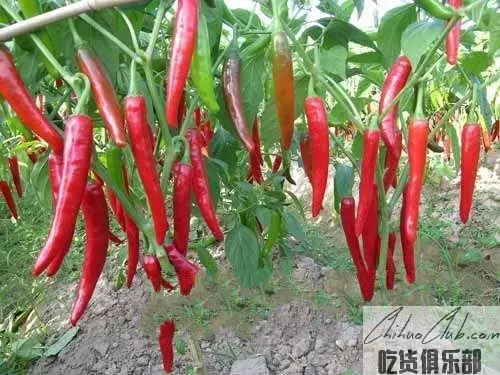
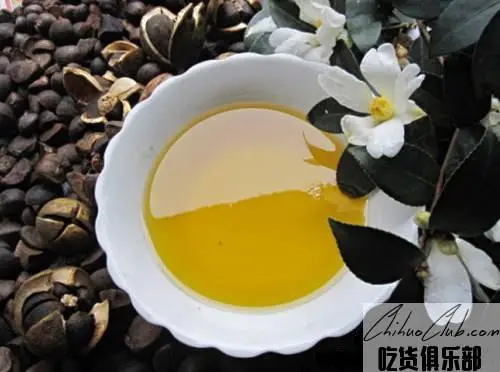
Macheng tea oil is mainly produced in Futianhe Town, Macheng City, in the hinterland of Dabie Mountain. The climate here is pleasant. Camellia oleifera is cultivated throughout the year, and its nutrients come from natural, non-polluting air and fertile soil. It has dual value of food and medicine. Therefore, Macheng also has the reputation of “the hometown of Chinese camellia”.

蕲艾 is a kind of wormwood, named after it was produced in Cangzhou (the old name of Hunchun County), one of the “Wuchun Four Treasures” (蕲竹, 蕲艾, 蕲, 蕲 turtle) in Hunchun County, Hubei Province. It is a well-known specialty Chinese herbal medicine.
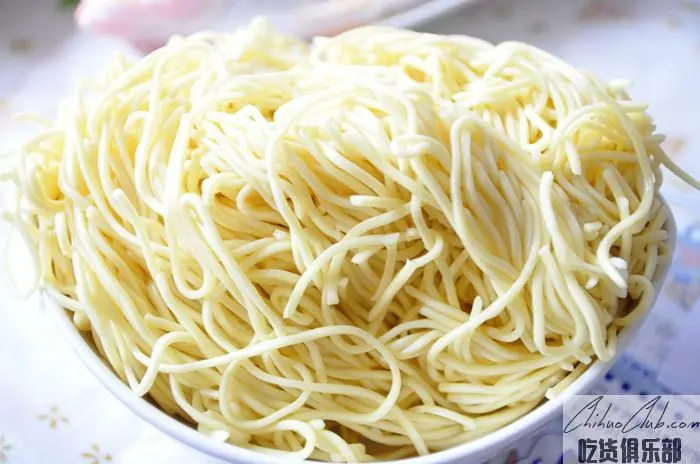
Longping oil noodle is a kind of Han noodles made with flour, rapeseed oil and salt. Fine as silk, white as jade, water does not paste soup, pick up and not boil, after cooking, the strip is described, it is the traditional cuisine of Longping Town, Wuxue City, Hubei Province.
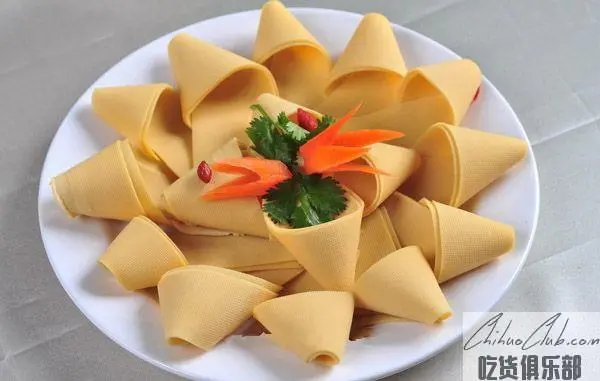
Yonghe leather is commonly known as Yonghe Qianzhang, which is called tofu skin in the north and louver in the south. It is a soy product. Yonghe leather has a long history. It is said that tofu was created by Liu An, the Huainan king of the Han Dynasty. It has been more than two thousand years. In some places in Hong'an County, the custom of "making leather" has been circulated throughout the year, and "Yonghe Pizi" has the most unique flavor. As the Spring Festival approached, the leather workshops in Yongjiahe Town began to flourish again. The thick and tender “Yonghe Leather” became a special dish in the group.

Green Yangqiao sealed cylinder wine is a high-quality product produced by Hubei Lishui Tianbao Wine Co., Ltd., which uses glutinous rice as raw material and adopts traditional folk crafts, and is made into yellow wine by saccharification and fermentation. The wine is yellow-brown, has a strong aroma, sweet and sour alcohol and unique flavor, contains a variety of carbohydrates, amino acids, vitamins and other nutrients produced by the decomposition of fermenting microorganisms, has nourishing health effects.
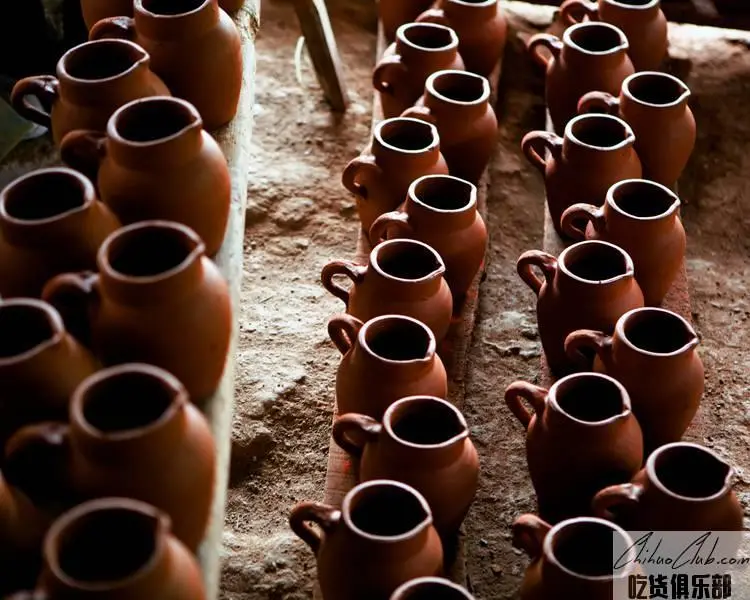
The production of pottery industry in Guanyao Town of Hunchun County can be traced back to the Hongwu three years of the Ming Dynasty (1369). It has a history of more than 600 years and is known as the “Jiazhou State”. It is a famous daily pottery in Hubei Province. And one of the craft pottery producing areas. It inherits the essence of the Chinese nation's thousands of years of pottery, vividly and completely reproduces the ancient pottery process.


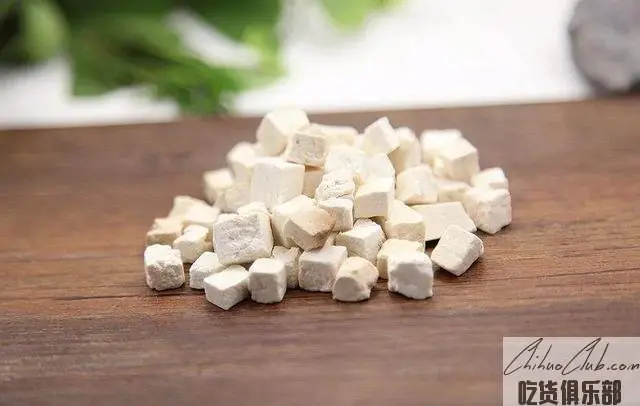
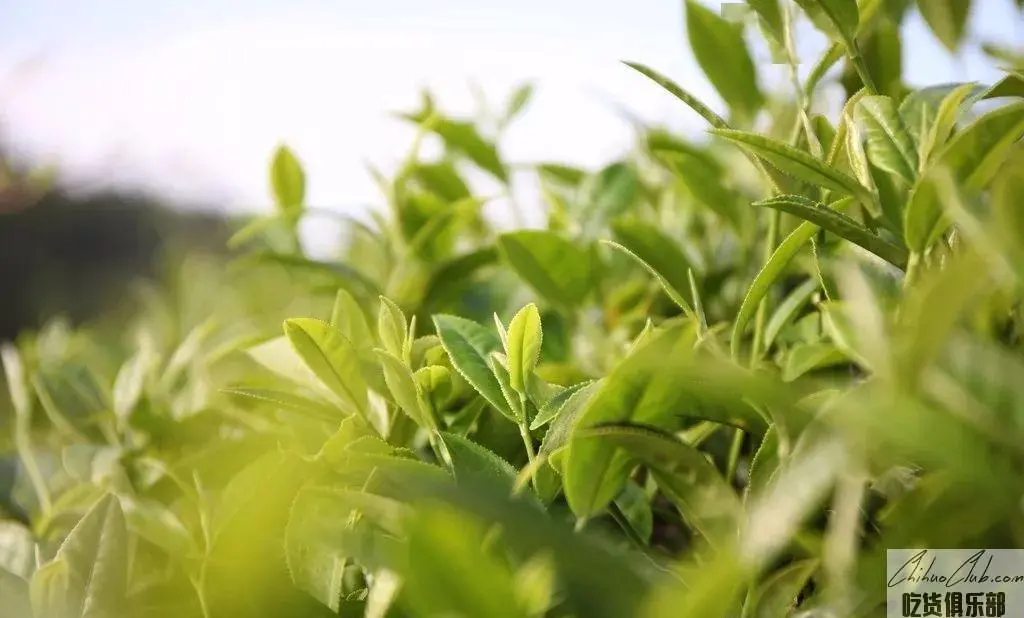
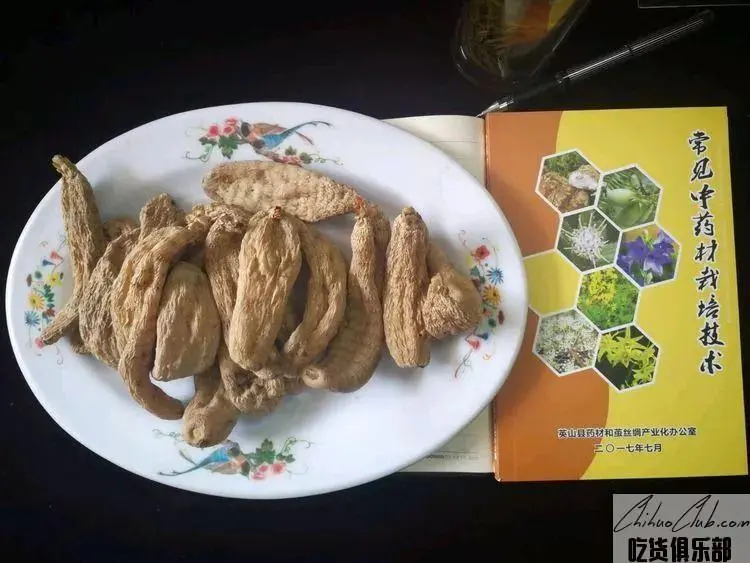
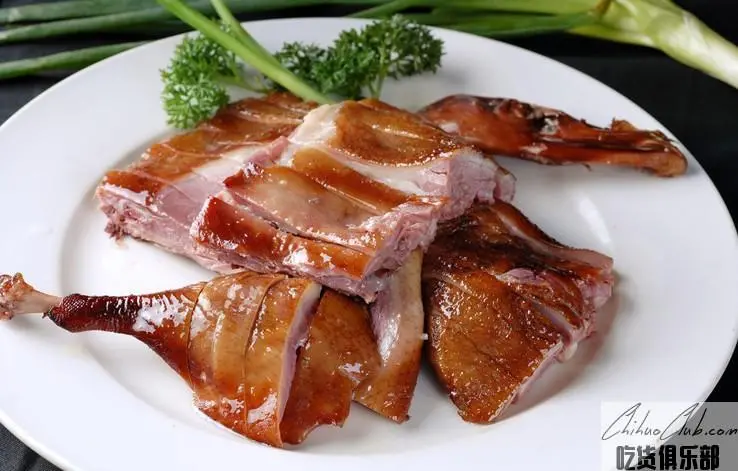

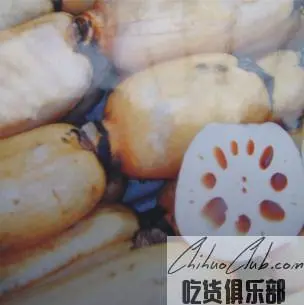
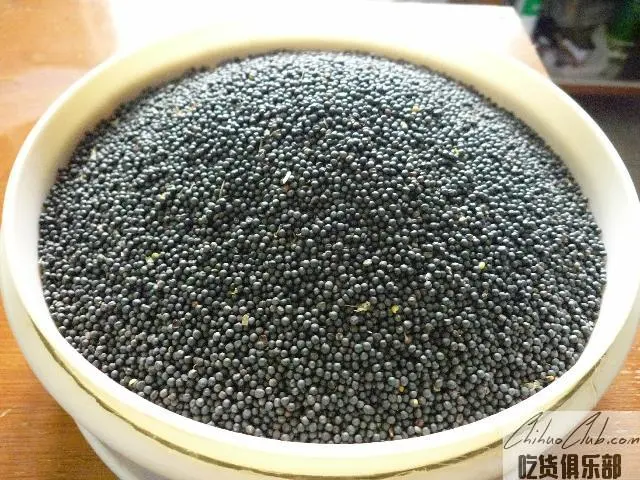
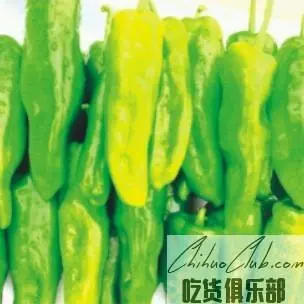
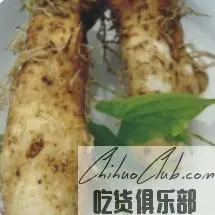
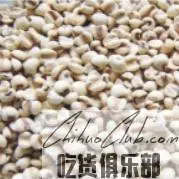
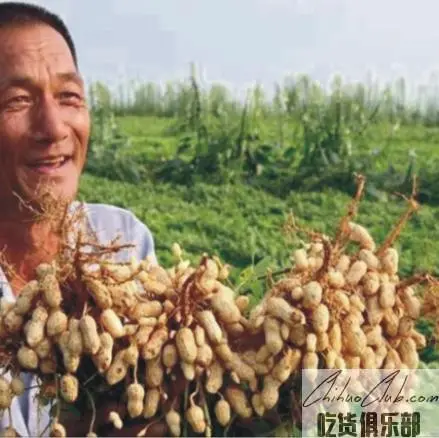
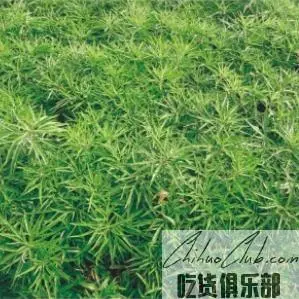

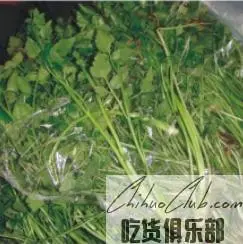

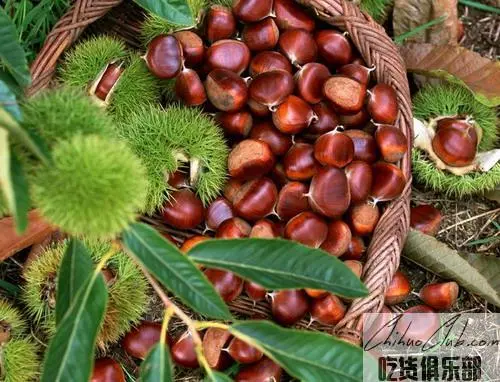
Luotian Chestnut, produced in Luotian County, Dabie Mountain, Hubei Province, is not only thin, but also crisp and sweet, and has a golden appearance, bright color and a unique sweet-scented osmanthus fragrance. Compared with chestnuts in other places, Luotian County chestnuts are not only large in scale but also highly nutritious.
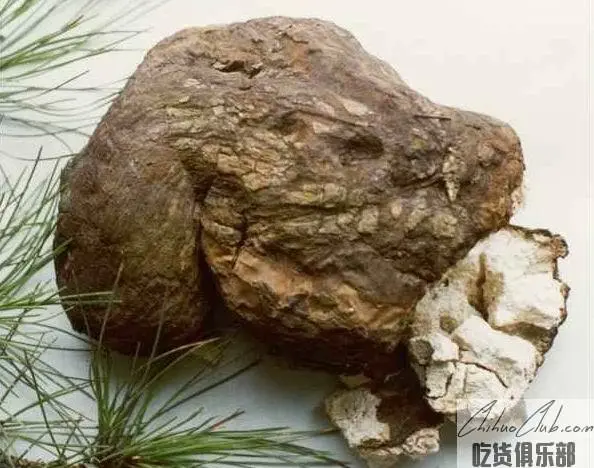
Jiuzi River is a kind of Chinese herbal medicine, and it is famous in Hubei. Named after the main production in Jiuzihe Town, Luotian County, Hubei Province. Due to its high quality and high medicinal value, Jiuzi River has a high reputation in the international market because many countries in Southeast Asia regard it as a premium beverage.
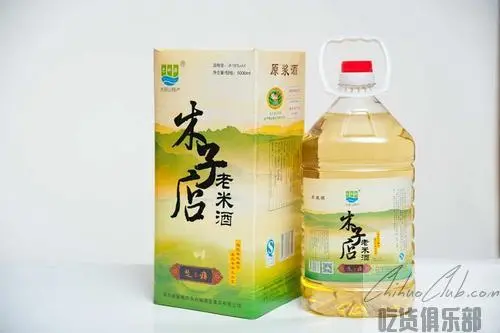
Muzidian old rice wine is a kind of special alcoholic wine brewed with glutinous rice in the Muzidian in the eastern mountainous area of Macheng City. The color is clear and bright, the taste is sweet, the quality is thick without hurting the spleen and stomach, and there is no lack of stamina. After testing by relevant departments, the wine contains polysaccharides, reducing sugars, proteins, 16 kinds of amino acids, and calcium, sodium, magnesium, zinc, manganese, iron and vitamin B and other nutritional values are quite rich. Old rice wine is very close to people's lives. The locals are known as "old rice wine, scorpion fire, except the emperor counts me". The annual output of old rice wine in Dongmu Mountain is 6,000 to 7,000 tons, and the variety is also developed from the first wine, the "pot" to the osmanthus wine, and the "Peach Spring Wine".
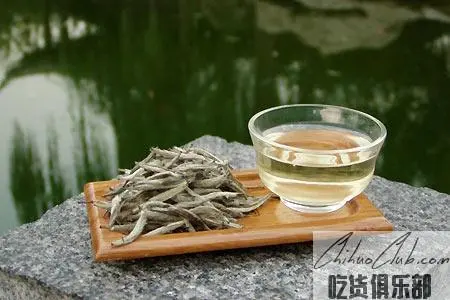
Laojunmei Tea has a long history and a long history. "Dream of Red Mansions" for the 41st time, Jiamu said: "I don't eat Lu'an tea, I want to drink Laojunmei." Since then, Laojunmei tea was once lost, and now it is studied by well-known tea experts, adhering to traditional crafts, This historical tea is reappearing in the world. Laojunmei tea has a unique and beautiful appearance, excellent internal color and flavor, its shape resembles eyebrows and tight lines; soup color is green, clear and bright; the aroma is pure and rich, the foundation is rich; the taste is mellow, sweet and refreshing; the bottom of the leaves is green, clear and even, deeply The favor of consumers is a treasure in tea.
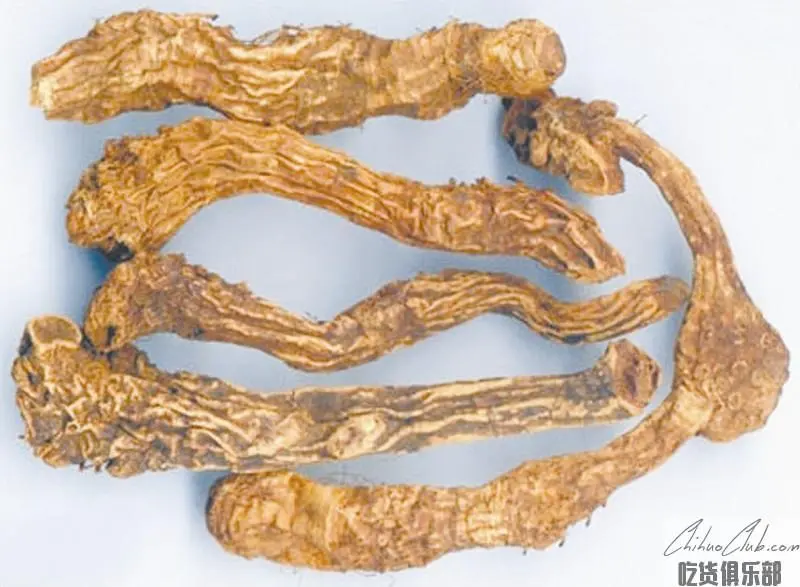
The group wind-dried is the rhizome of the dried plant of the family Iridaceae. It is a kind of Chinese herbal medicine with high medicinal value of heat-clearing and detoxification. The main ingredients of the group wind-dried are wild scorpion glycosides and flavonoids. It has the medicinal value of clearing away heat and detoxifying, phlegm and blood stasis, and activating blood and swelling. It has a strong inhibitory effect on common pathogenic fungi.
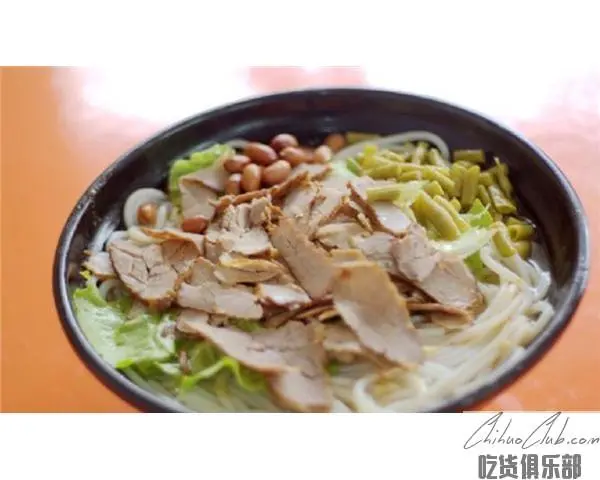
Hunchun sour rice flour is a famous native product of Hunchun, Hubei Province. It began in the Jiaqing period of the Qing Dynasty, and the traditional handicrafts produced have been passed down for more than 200 years. The pink color of the rice is milky white; the round bar shape and the strip shape are uniform, and it has a gel-like structure; the fermented acid taste does not use food additives, the crystal clear, the acidity is cool, the entrance is strong, the texture is flexible, the flavor is unique; the boiled water is not paste Soup, dry fried is not easy to break, can be used as a staple food, can be filled with dishes. As a kind of green, nutritious and environmentally friendly traditional food, Hunchun sour rice flour is favored by consumers.
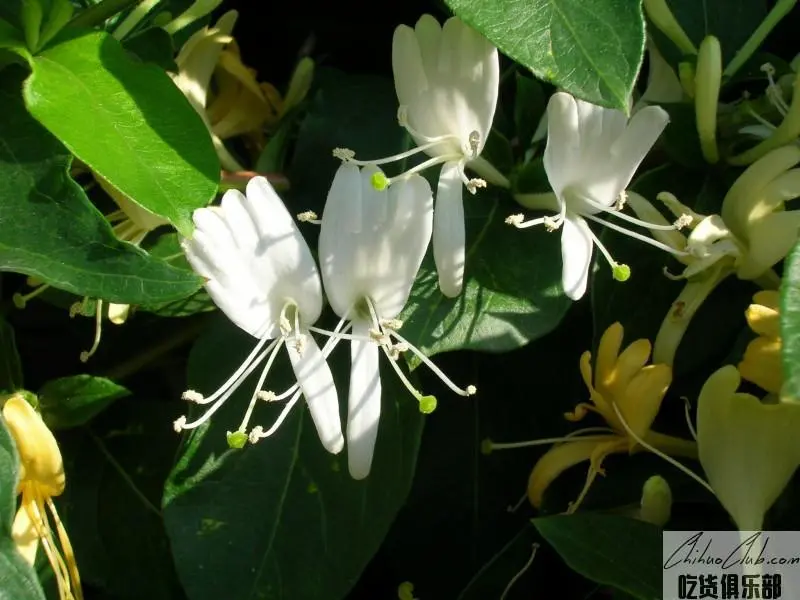
Luotian honeysuckle is a famous medicinal plant in Hubei Province. Honeysuckle, a collective name for Chinese herbal medicines and plants. Plant honeysuckle, also known as honeysuckle, is a perennial semi-evergreen entwined woody vine in the family Lonicerae. The planting area of Luotian honeysuckle in Hubei Province has reached 21,000 mu, and the planting area ranks first in the province.
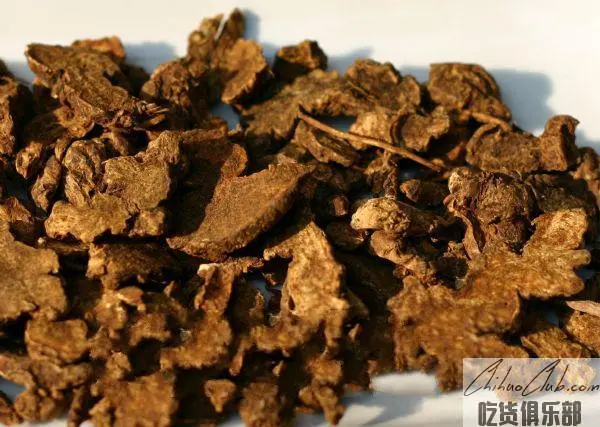
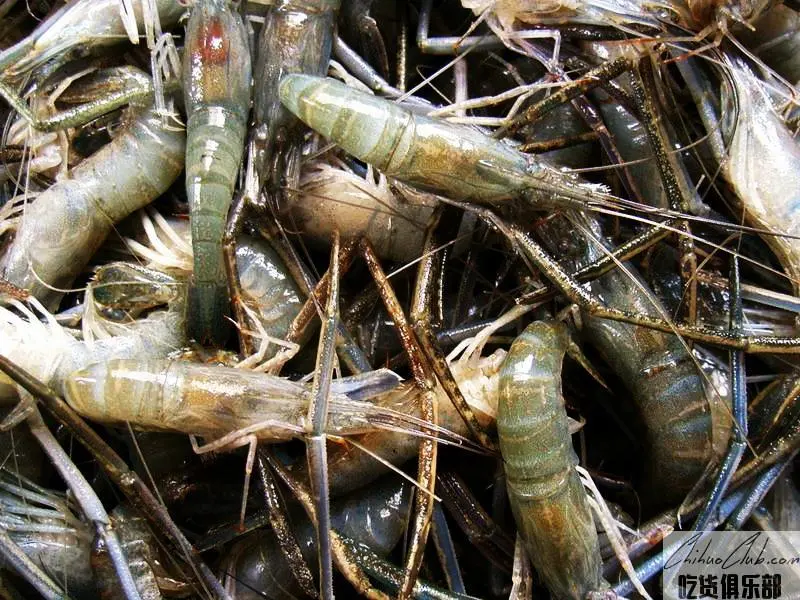
Yellow plum shrimp refers to the green shrimp produced in the source lake and the surrounding area of Yuangan Lake in Huangmei County, Hubei Province. It is a local specialty aquatic product. The variety of green shrimp has the characteristics of excellent population, pure quality and rich nutrition. Its quality is second to none in the industry, not only sold locally, but also exported to neighboring provinces and cities.
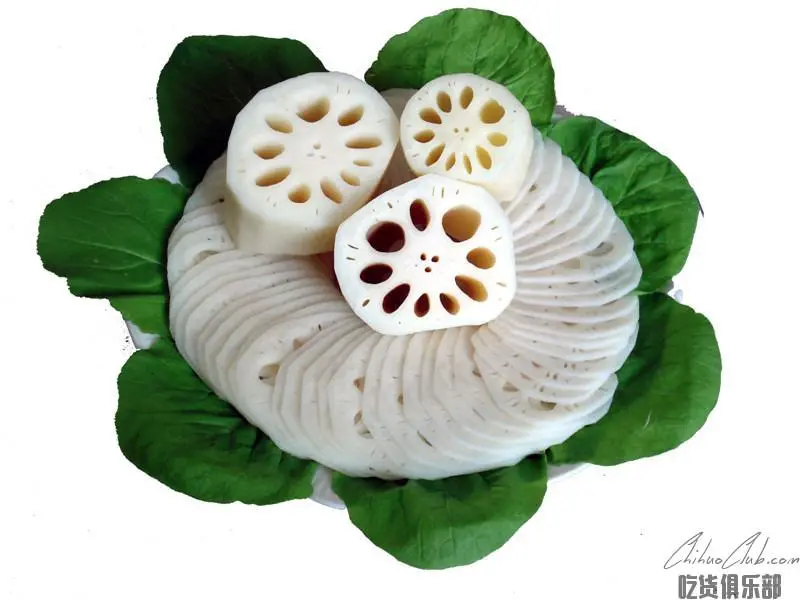
"Bahe Lotus" became famous in the Northern Song Dynasty. Su Dongpo was detained in Huangzhou in the third year of Shenzong Yuanfeng (1080) in the Northern Song Dynasty, and left in the seventh year of Yuanfeng (1084). He lived in Huangzhou for more than 4 years. Su Dongpo can be called a foodie. His works in Huangzhou, many of which are written in food, "Bahe Lotus" is one of Su Dongpo's pen food. One of the seven-character quatrains is especially famous: "The Bahe has a strange world, and the body is clean and tidy! The body is three feet innocent, and the heart is more than a scorpion. The gods have flowers that are difficult to move, and the roots are alone." Mud. For seven hundred years, it is a tribute, and Jiayu Tiancheng is a prince!"
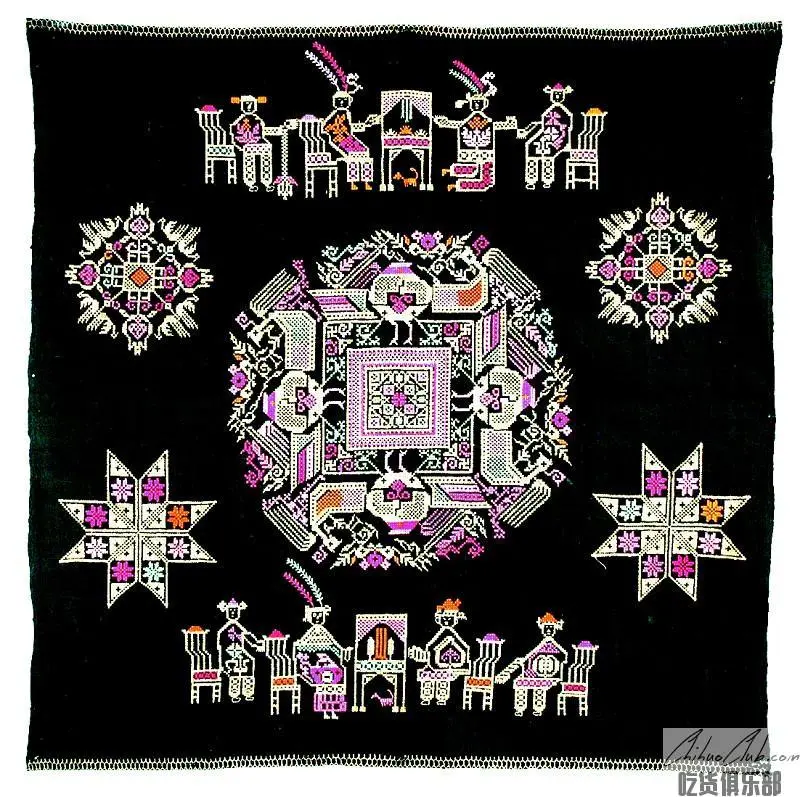
The yellow plum picking flower is also known as the shelf flower, and the cross picks the flower. It belongs to the category of folk embroidery of picking, filling and embroidering. It is a folk craft that has been widely circulated in Huangmei County, Hubei Province for a long time. It is rich in content, rich in variety, beautiful in design, rich in color, with rich local style and national characteristics.
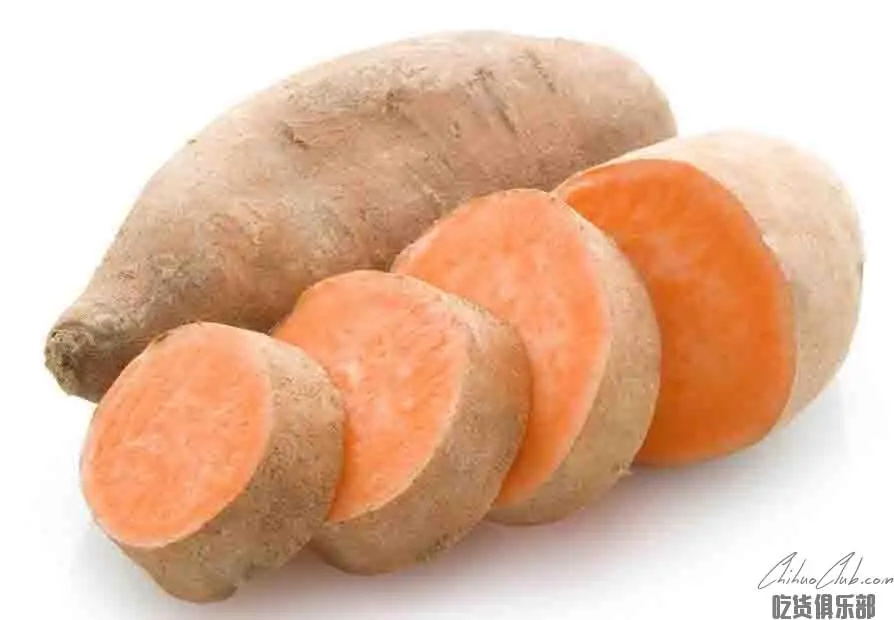
Red Anzhen is the name of a red dragonfly. It grows in Hong'an County, Hubei Province, south of the Dabie Mountain Revolutionary Old District. It is the main food crop for the generation of the people of Hong'an. Because of its shape and texture, it is different from other places, and it has become a special product of Hong'an.
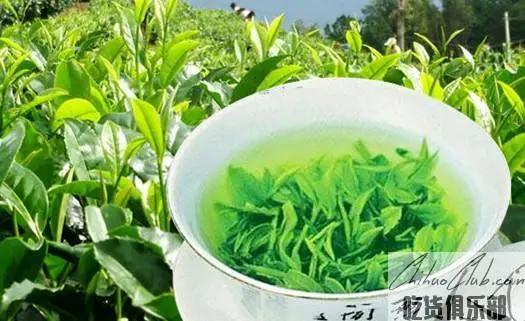
Yingshan Yunwu Tea is produced in Tiantangzhai, the main peak of the southern foot of Dabie Mountain in the northeastern part of Hubei Province. The unique ecological environment and climatic conditions have created this kind of high quality tea.
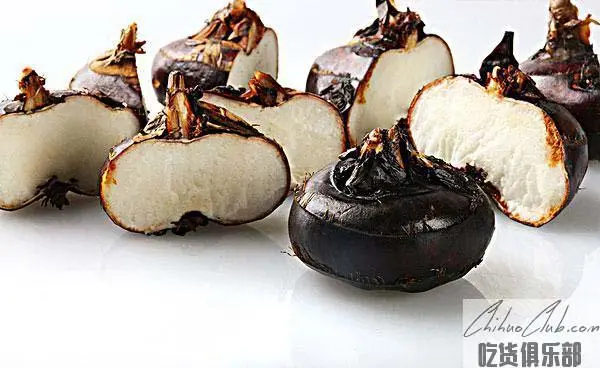
Also known as "horse hoof", the meat is white, crisp and juicy, mellow and fragrant, and rich in nutrients. It has a reputation of "underground Sydney" since ancient times. The group wind is a traditional hometown of alfalfa cultivation, and its development prospects are very broad and the utilization rate is extremely high.
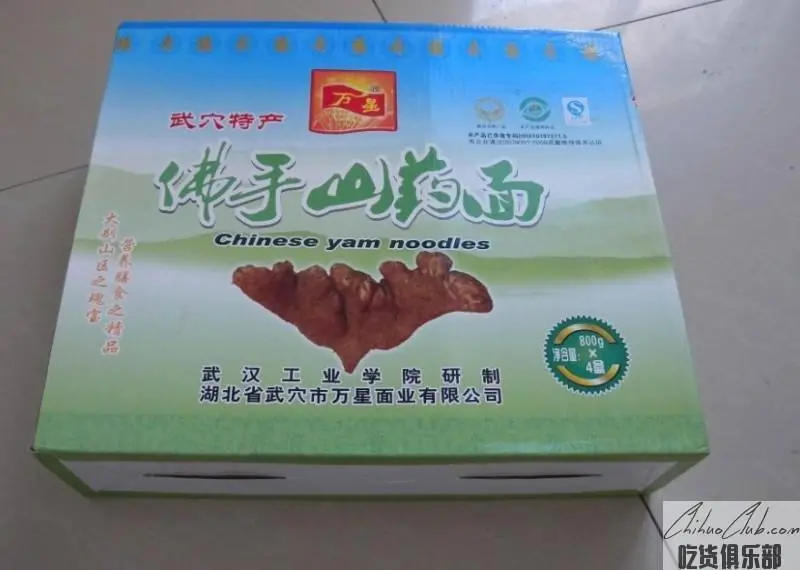
Hubei Huanggang Guangji bergamot yam is mainly produced in the local Wuxue City. The bergamot is a genus of the genus Dioscorea, which is an annual or perennial entwined vine. Wuyan planted yam has a history of more than three hundred years. According to legend, the ancestral yam of the Zen ancestor of the Zen ancestors who were born in Guangji, and the shape of the yam planted in Guangji, is very strange and resembles the palm of the hand, hence the name “Guangji bergamot yam”.
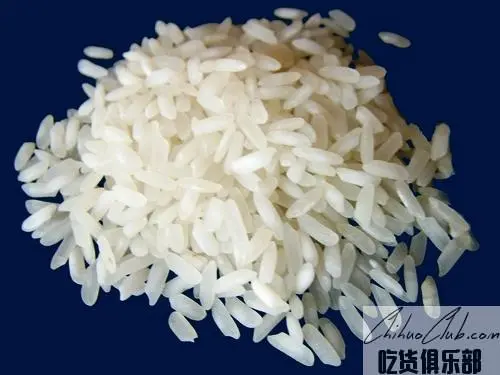
The Chunchunzhen rice system adopts high-quality varieties to carry out pollution-free production. It is processed by the introduction of advanced processing equipment from Japan. The polished rice produced is crystal clear and transparent, with good grain surface and good color and taste. The products are sold to Guangdong, Guangxi, Shanghai and other provinces, municipalities and autonomous regions, and exported to countries such as Nicaragua, Iraq and Sri Lanka.
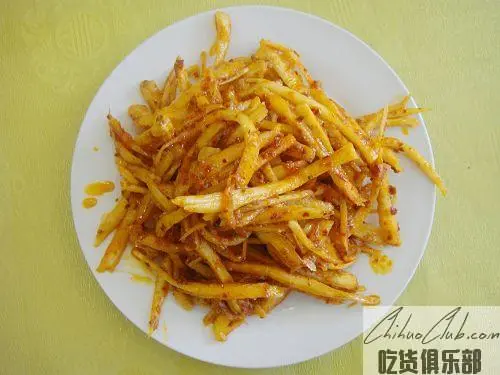
Yingshan Zhejiang Mountain Campanulaceae, with uniform shrinkage and cross-cutting chrysanthemum pattern, won the gold medal of the 1938 Panama Exposition, called "British Orange". The red platycodon grandiflorum is known for its white and white body and is known as "An Tang". "England" and "An Orange" are all sold well in the city.
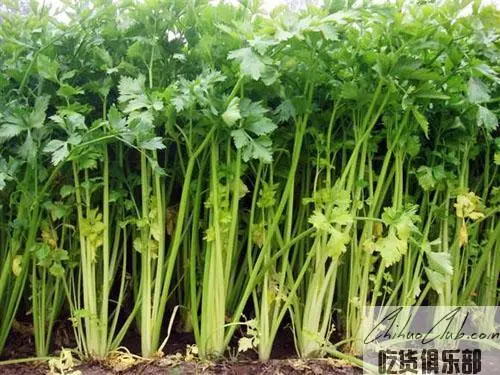
The celery, which is the spring celery, is a famous souvenir in Hunchun County. Compared with celery in other places, it has bright green color, rich stems and tenders, refreshing taste, fresh scent, and delicious flavor. At present, Qi Qin has been exported to more than 30 large and medium-sized cities such as Beijing, Shanghai, Wuhan and Shenzhen, and exported to Japan, South Korea, Southeast Asia and Taiwan.
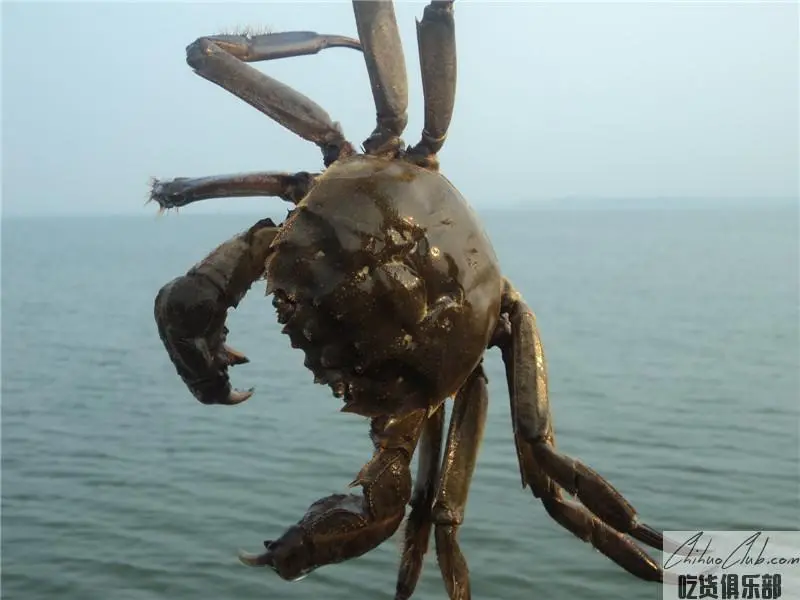
The mountain crab, also known as the Chinese velvet crab, is produced in the waters of Cephu Lake in Lishui County. It is famous for its large body fat and yellow beauty. It has a long-standing reputation in history. It was used as a tribute to the DPRK in the past three years. Maoshan crabs are named after Maoshan Port and Maoshan Gate. The lake of 1.59 million mu of water is connected to the Yangtze River through Maoshan Port with only one outlet. After the Mid-Autumn Festival every year, the crabs that are fattened in Ce Lake must travel back to the Yangtze River according to their habits. They must pass through Maoshan Gate. The crabs that local people will catch here are called Maoshan crabs.
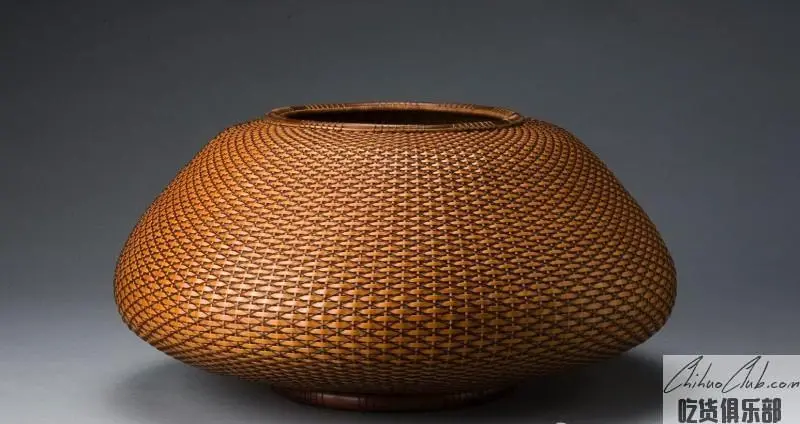
Wuxuan Bamboo has experienced more than 100 years of inheritance and development, and is a traditional and famous specialty in Hubei Province. It combines practicality and appreciation into one. It is well known both at home and abroad for its exquisite pattern design and unique artistic expression. It is praised as “Shenzhou Bamboo Show”.
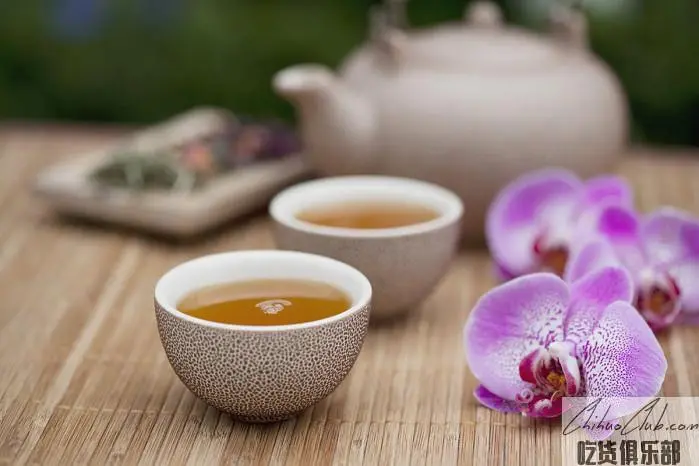
Huangmei Zen Tea is produced in the northern mountainous area of Huangmei, centered on the 4th and 5th Laozu Temple. The tea gardens are distributed in the cloud mountains of 600-1200 meters above sea level. Huangmei Zen Tea is very spiritual and Zen-like. At the same time, it has a beautiful color, a clear color of soup, and a Zen tea. The Zen is a Zen, full of Zen, and contains "positive", "clear", "harmony" and "elegant". Zen tea charm.
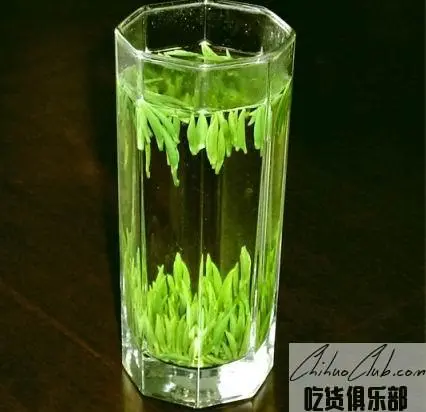
Guishanyan green tea is produced on the mountain above 800 meters above sea level in Guishan Peak, Huanggang Macheng City. Through the picking, the mountain people have carefully crafted the picked tips to make Guishanyan green tea. This kind of tea has the characteristics of rich aroma, mellow taste, green color of soup, tender and even leaves at the bottom of the leaf. Once it arrives in the city every year, it is sold out.
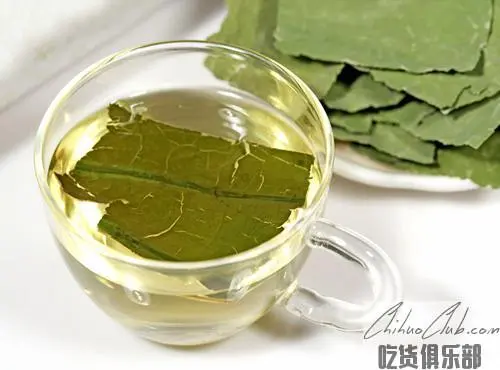
Huangmei Lotus Leaf Tea is a specialty of Huangmei County, Huanggang City, Hubei Province. The lotus leaf has the functions of cooling blood, lowering fat, producing fluid, and moistening the intestines. Li Shizhen said that drinking often is "slim." Lotus leaf tea is made from the natural lotus lake - Longgan Lake (ancient name: Leichi) wild lotus leaf, and is refined by 17 procedures such as "chopping, cool green, killing green, simmering, frying dry".
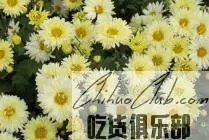
Macheng Fubaiju is mainly produced in five townships in the northern mountainous area of Macheng. These towns and towns are traditional agricultural areas. There is no industrial pollution, ensuring the natural purity of the white chrysanthemum in Macheng. Its quality has “large plump, petal jade white and stamen”. Deep yellow, the soup is clear, golden with green, gas fragrance, sweet and beautiful.
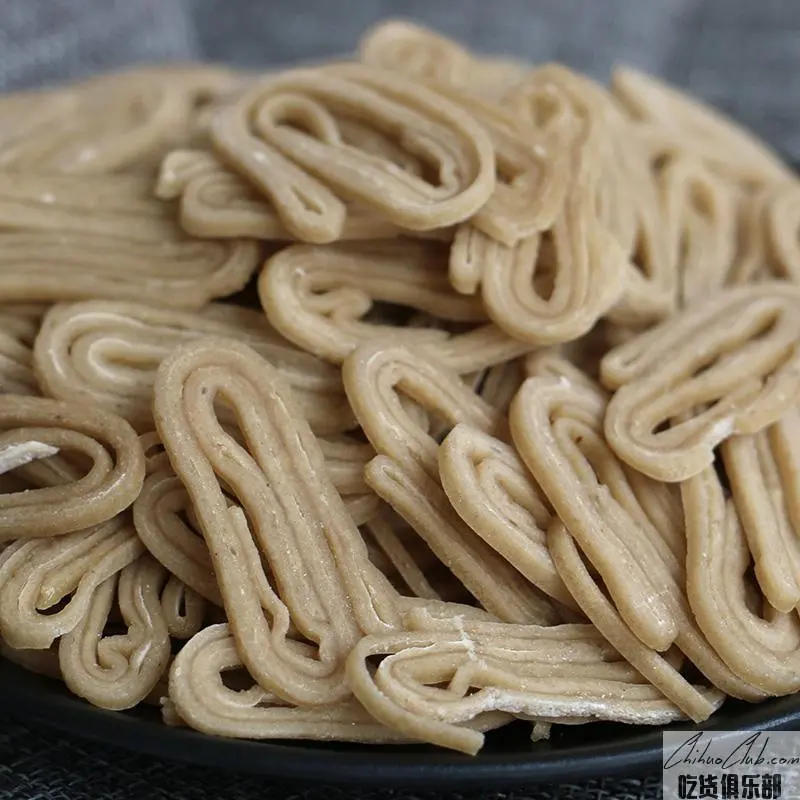
The squid noodles, formerly known as squid noodles, is a local specialty. It was used as a tribute to the tribute courts in the Ming Dynasty. It has a history of more than a thousand years.
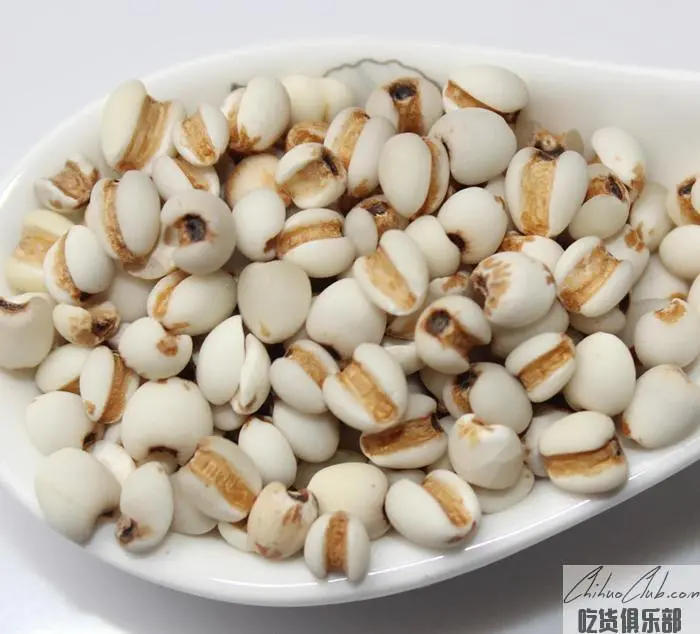
Hunchun Huaren is a specialty of Hunchun County, Huanggang City, Hubei Province. With its unique quality, good efficacy and huge market potential, Hunchun Huanren has gradually gained favor from consumers and the market. Hunchun Haoren was awarded a geographical indication protection product.

According to research, the name of Prunella vulgaris was first recorded in the "Shen Nong's Herbal Classic". Later, the books of the past medicinal herbs and the modern pharmacopoeia were detailed. In his book "Compendium of Materia Medica", Li Shizhen has a clear record of the spring and summer hay: "Indications of cold and hot squirrels, soreness, swollen feet, and swollen feet." With 7 pairs of prescriptions. Li Shizhen clearly described the medicinal value of the spring and summer hay, which was considered by the descendants to be a classic exposition of the spring and summer hay, which was reprinted by the medical books of the past.
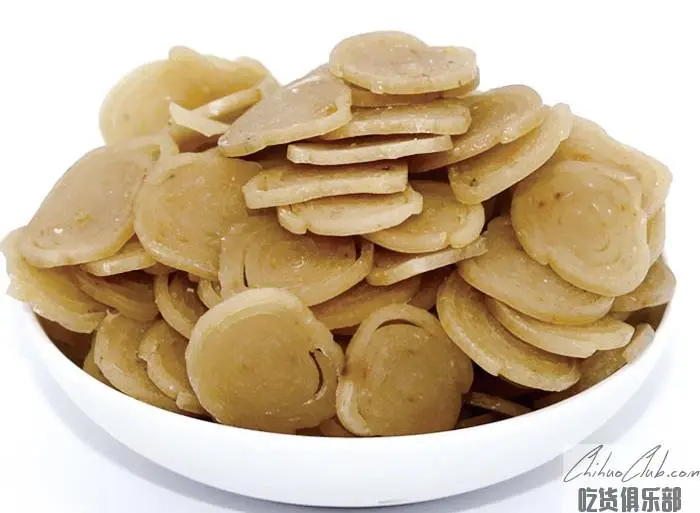
Macheng Fuzi River fish noodles, commonly known as "salmon (fish), is a traditional specialty food in Fuzihe Town, with a history of more than a thousand years. Mainly made of fresh fish, fine glutinous rice and salt as raw materials, it is hand-made by folk tradition. It has health effects such as brain strengthening, blood pressure lowering, prevention of coronary heart disease, clear and fragrant taste, smooth and tender taste. It is a low cholesterol, pure natural green nutritious food. It is a must-have meal and gift for the local festival and the surrounding counties of the Fuzi River.
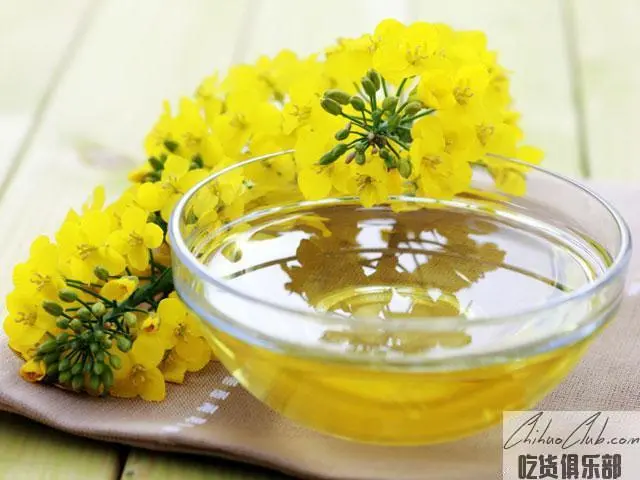
Wuxue rapeseed oil is a specialty of Wuxue City, Huanggang City, Hubei Province. "Wuxuan rapeseed oil" is an edible oil made from canola. “Double low” refers to the low erucic acid content and low glucosinolate content in vegetable oil, and it has the reputation of “Oriental Olive Oil”. "Wuxuan rapeseed oil" is an edible oil made from canola. “Double low” refers to the low erucic acid content and low glucosinolate content in vegetable oil, and it has the reputation of “Oriental Olive Oil”.
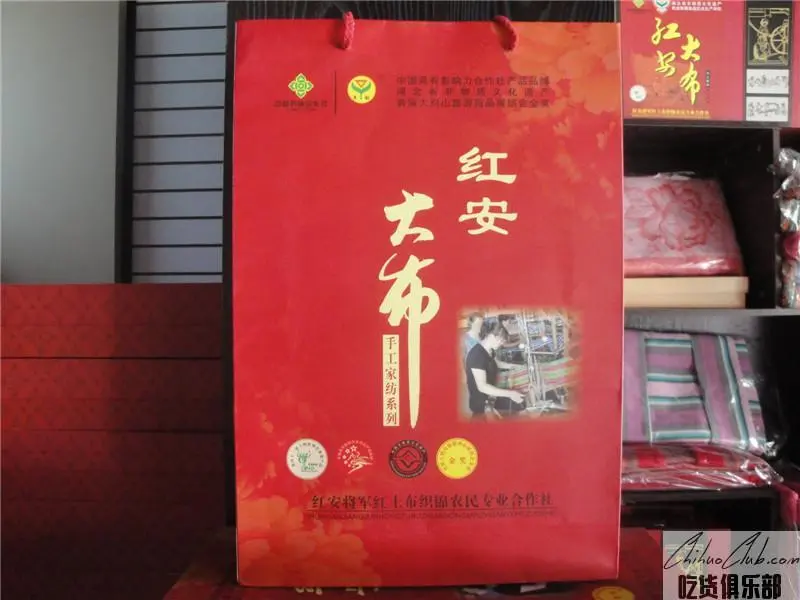
Hong'an Dabu is a kind of pure cotton textile treasure hand-made by Hong'an County in the old revolutionary area. For centuries, local farmers have the custom of spinning and weaving. During the war years, the Red Army soldiers used military cloth to make uniforms and uniforms. In the front, the woman will weave a moving scene in the back. After the liberation, many generals still like to use their large cotton cloth to make sheets and clothes. Dong Biwu, Li Xiannian, Chen Xilian, Han Xianchu, Qin Jiwei and other party and state leaders still use the "Hongan Dabu" in their hometown to make bed linen and other daily necessities in Beijing.
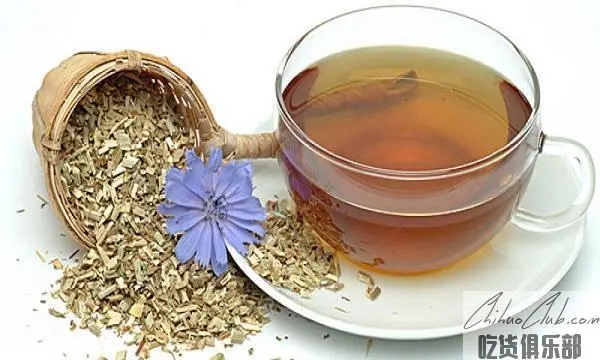
Due to its bitter taste, the group wind and bitter tea is named after the thorns. It has the functions of refreshing, clearing fire, clearing eyes, reducing swelling and diuresis, reducing blood pressure and reducing food. It is obvious for the treatment of enteritis, diarrhea, dysentery and other gastrointestinal diseases. effect.

"Leaf Road Garlic" leaves are long and flat, with small leaves and erect plants. There are 7 to 9 leaves, dark green, and wax powder. The garlic seedlings are wrapped by many leaves to form pseudo stems, not hollow, and the pseudo stems are cylindrical. Shape, length 30 ~ 50 cm; garlic skin is white, each garlic has 5 to 7 petals.
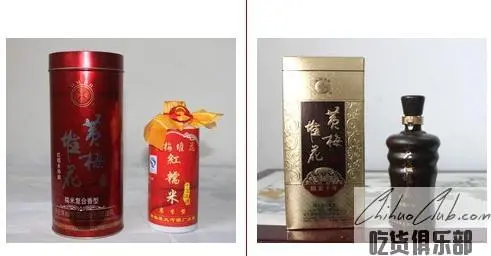
From the Chinese Buddhist holy land, the hometown of Huangmei Opera, Huangmei County, Hubei Province, which originated in the Song Dynasty, developed in the 1950s, has enjoyed a good reputation since ancient times. The wine is splashed into the glass or shakes the glass of wine. Small garlands, one by one, lasts for a long time, so the name is piled wine, Huangmeidenghua wine is made from pure glutinous rice and mountain spring water. The special koji is naturally fermented, due to the process and quality characteristics and other domestic liquors. The difference, thus naturally forming a unique and unique flavor, has laid a unique technical foundation for the Huangmei heap wine brewing. Anyone who comes to Huangmei tourism and business trip must bring back a few bottles of Huangmei heap wine, or give gifts to friends and family, or entertain guests. Nowadays, the production of Huangmei Hehua wine has spread all over the city and has become the pillar industry of the county. The products are sold to more than ten provinces and cities nationwide and are well received by consumers.
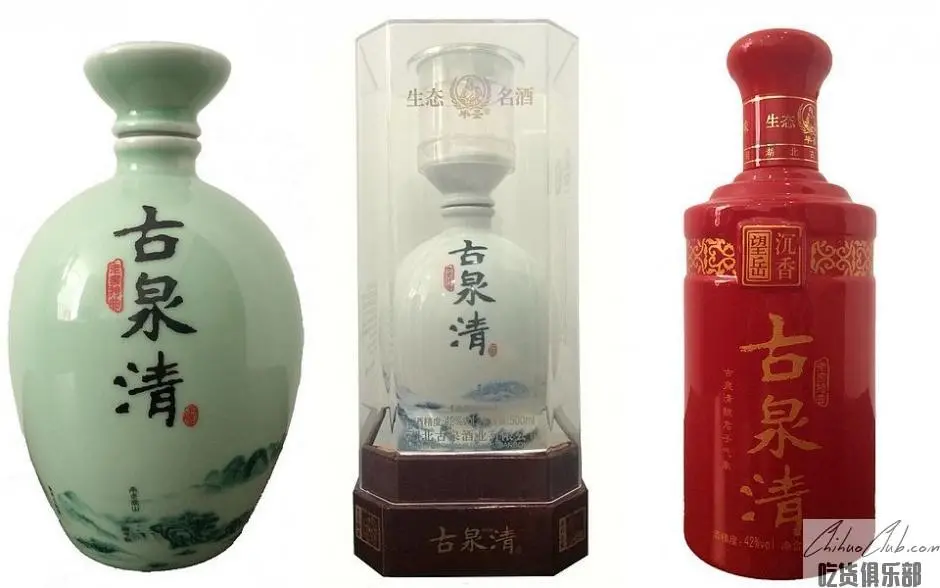
In the Dabie Mountains, there is a concentrated scented distilled liquor, which is made from high-quality sorghum, rice, glutinous rice, wheat, peas and barley, and is made of high-temperature Daqu as a saccharification starter. It is brewed with Dabie Mountain high-quality mineral water or ancient well spring water. Technical production. It is the ancient spring sake, "the aroma is elegant and comfortable, the taste is sweet and mellow, the aftertaste is long and clean, and the aftertaste is entangled after drinking" is the most appropriate evaluation of the wine.
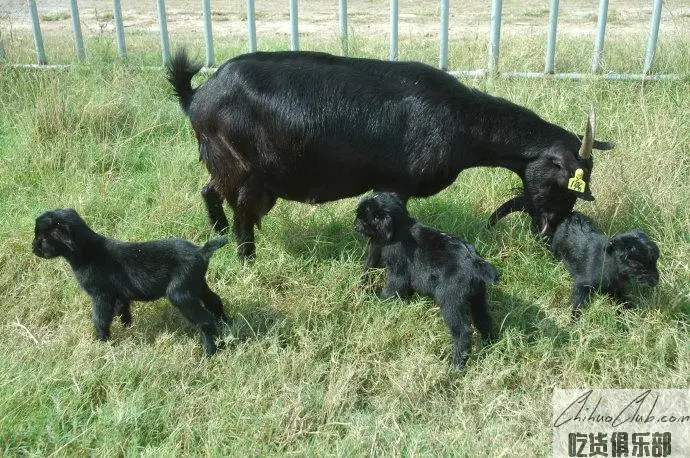
The Dabie Mountain Macheng Black Goat is a high-quality local breed goat in the Dabie Mountains. It has the advantages of high body size, stable genetic performance, fast growth and development, good fattening performance, high slaughter rate and net meat skewer, good meat quality, light astringency, resistance to rough feeding and strong adaptability. It is a combination of meat and skin and is agricultural. The "black goat" germplasm resources protection object.
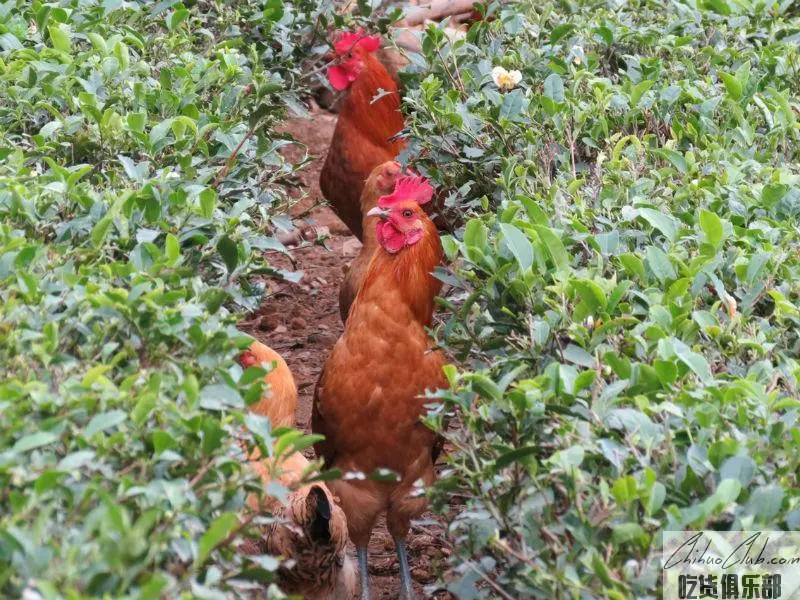
Yingshan Tea Township has a long history. It is a traditional habit to grow tea and raise chickens. Farmers stock the chickens in the tea garden behind the house. With the development of Yingshan tea, the tea garden chickens are gradually becoming industrialized and scaled. The tea farmers set up chicken sheds in the tea gardens and carry out the industrialized traditional ecological breeding. The chickens feed in the tea gardens and scribble under the tea trees. Catching insects on the tea tree, laying eggs in the grass nest; playing with each other, singing and undulating, "the dog is in the mountains, the chickens are tea trees," a harmonious natural landscape, "Yingshan tea town chicken" got its name.
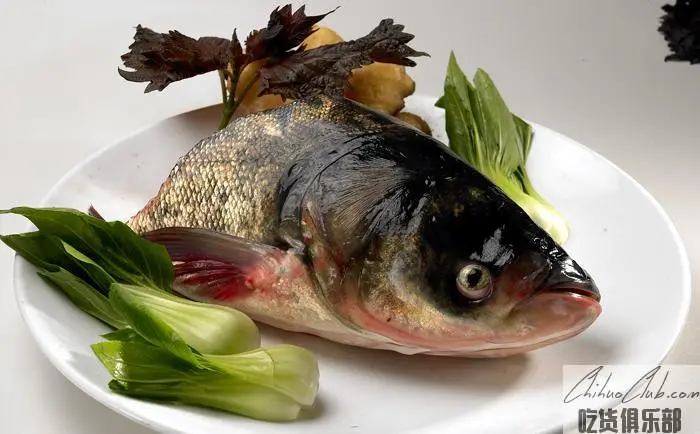
The fat head fish of Wangtianhu is strong, round and energetic, with a tough taste, fresh and smooth, and high nutritional value. Wildly stocked in Wangtian Lake, a national first-class water body, the water quality reaches the drinking water standard without any treatment. Therefore, the fat head fish that grows has no earthy smell and tastes very delicious. It belongs to the original pure wild fat head fish. It is the fresh river of Wangtian Lake. Top grade.